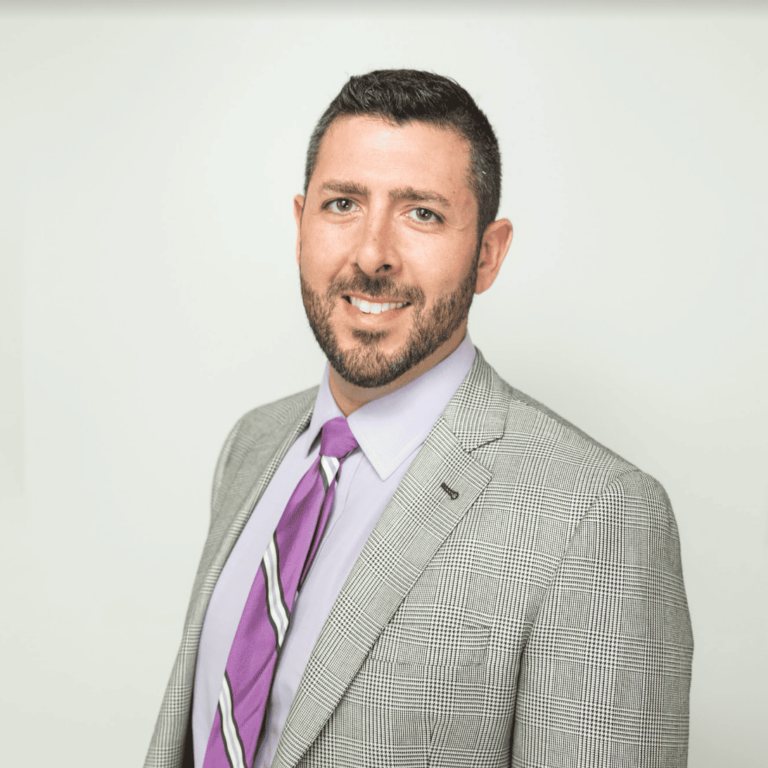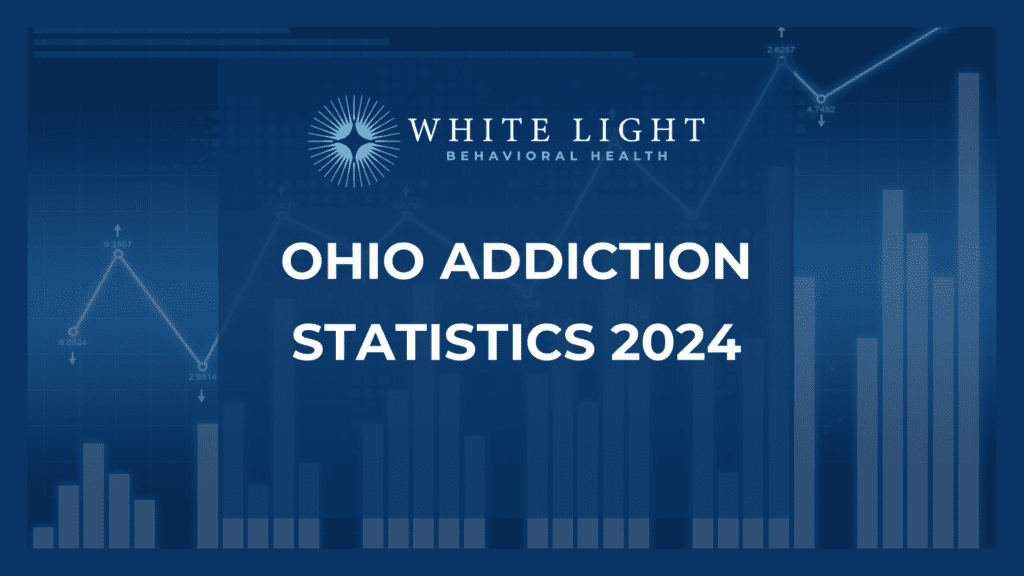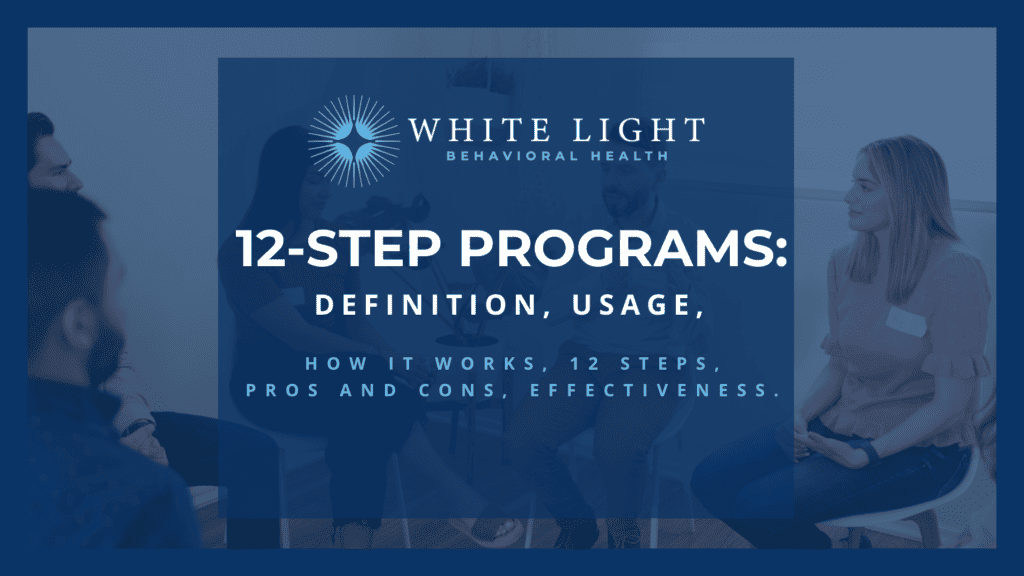Substance use is a global problem that has an impact on individuals, families, and communities. Families frequently struggle with the terrible effects of addiction while unclear on how to assist their loved ones in escaping its hold. Casey’s Law has become instrumental in combatting drug misuse in response to this urgent issue faced by families nationwide.
Understanding Casey’s Law
Casey’s Law is an involuntary treatment law designed to assist families in intervening when a loved one’s substance use poses a severe threat to their health and safety. It was named for Matthew “Casey” Wethington, a 23-year-old Kentucky man who tragically lost his life to a heroin overdose in 2002. Casey’s Law aims to provide families with a legal pathway to intervene and help their loved ones struggling with addiction. Gov. John Kasich signed it into law in Ohio in 2012, eight years after it was originally enacted in Kentucky.
Purpose of Casey’s Law
The primary goal of Casey’s Law is to enable families to seek court-ordered compulsory treatment for their loved ones with a suspected substance use disorder (SUD). It acknowledges that people struggling with addiction sometimes lack the awareness or motivation to seek assistance on their own.
Objectives of Casey’s Law
1. Saving Lives
Substance use can have life-altering impacts, such as overdose and chronic health effects. When people battling addiction have timely access to involuntary treatment, the possibility of a successful recovery increases while the likelihood of endangerment decreases.
2. Promoting Education and Awareness
Casey’s Law increases public knowledge of the available services and support systems for combating addiction by drawing attention to the legal options open to families. This greater understanding may lessen stigma, promote early intervention, and encourage discussions about addiction.
3. Enhancing Community Well-Being
Casey’s Law strives to decrease the detrimental effects of substance misuse on communities, such as elevated crime rates, overburdened healthcare systems, and societal costs, by helping families secure treatment for those battling addiction. The ultimate goal of Casey’s Law is to promote recovery and break the cycle of addiction to create healthier communities.
4. Facilitating Treatment Engagement
Casey’s Law recognizes that those struggling with addiction might not be motivated to seek help voluntarily. It closes this gap by giving families a clear path to starting court-mandated therapy. Involuntary treatment can motivate people to face their addiction, engage in therapy, and make the lifestyle adjustments required to maintain long-term sobriety.
5. Providing a Supportive Structure
This law gives families an organized method for requesting assistance for their loved ones by contacting the court system. This process ensures that those battling with addiction receive appropriate assessments, access to treatment alternatives, and regular monitoring.
When Can Casey’s Law Be Used in Ohio?
Casey’s Law can be used in Ohio to address substance use when a loved one’s addiction seriously threatens their health and safety. The specific criteria for invoking Casey’s Law are:
In Ohio, there are three requirements to qualify for a Casey’s Law petition. The individual in question must be shown to:
• Suffer from abuse of alcohol or another drug
• Pose a threat of harm to him- or herself or others: Evidence of this can include overdose, physical, or psychological deterioration, or dangerous behaviors associated with drug or alcohol use.
• Be expected to benefit from treatment
In Ohio, Casey’s law lets parents, relatives, and/or friends of a substance-impaired person to petition the court on that individual’s behalf. The exact process varies from one county to another. To begin, ask your county probate court how to obtain a petition for Involuntary Treatment for Alcohol and Other Drug Abuse.
Implementing Casey’s Law
To initiate Casey’s Law in Ohio, the following steps are typically involved:
1. Petition Filing
The petitioner must submit a written notice to the probate court in the county where the individual resides. The petition should include specific information about the person struggling with addiction, their substance use history, and the harm it poses to themselves or others.
2. Supporting Affidavits
The petitioner must provide one or more affidavits from individuals who have firsthand knowledge of the individual’s addiction and its impact on their health and safety.
3. Court Evaluation
Once the petition is filed, the court reviews the case and may order an evaluation of the individual’s condition by a qualified healthcare professional. This evaluation further assesses the need for treatment and helps inform the court’s final decision.
4. Court Hearing
A hearing is scheduled so that the petitioner and other concerned parties can present evidence supporting the need for involuntary treatment. The individual struggling with an SUD has the right to legal representation and may contest the petition.
5. Court-Ordered Treatment
If the court determines that the criteria for involuntary treatment under Casey’s Law are met, it can issue an order mandating treatment. The court may specify the type and duration of treatment, including detoxification, inpatient rehabilitation, outpatient counseling, or other forms of support.
Consult with an attorney or seek guidance from the local probate court to ensure compliance with the specific processes in your jurisdiction.
Positive Impacts and Criticisms of Casey’s Law
Casey’s Law has received positive and negative feedback since its establishment. Advocates argue that it has been crucial in saving lives by giving families a legal way to step in and get their loved ones access to therapy. Casey’s Law has assisted many people in ending the cycle of addiction by bridging the gap between the desire for recovery and the realities of involuntary treatment.
Additionally, proponents of Casey’s Law say it tackles the complex nature of addiction by incorporating the legal system in a supportive and sympathetic manner. They maintain that in cases where a loved one is unable or unwilling to seek care on their own, it acknowledges the seriousness of the issue and gives families the authority to take action.
Critics of Casey’s Law have argued that it might violate a person’s civil liberties by compelling medical intervention against a person’s wishes. In 2020, questions of civil rights arose in two cases where individuals were involuntarily sent for treatment.
In 2022, the Kentucky Court of Appeals stated that to be constitutional, the standard of proof of the need for involuntary treatment needed to be strengthened from “probable cause” to “beyond a reasonable doubt.” A bill to do this had already passed both houses of the state legislature, and Kentucky Gov. Andy Beshear signed it into law shortly after the appeals court issued its opinion.
Importance of Addiction Treatment
Addiction treatment is crucial in addressing substance use and promoting long-term recovery. Here are some key reasons why addiction rehabilitation is essential.
1. Breaking the Cycle of Addiction
Individuals have the chance to escape the cycle of addiction through rehabilitation. It provides a controlled and encouraging atmosphere where people can acquire the knowledge, abilities, and skills to beat addiction. Rehabilitation teaches people better coping mechanisms, healthy stress and craving management techniques, and the underlying causes of their substance usage.
2. Medical and Psychological Support
Addiction treatment programs provide medical and psychological assistance to address both aspects of substance use. Medical experts can help detoxify the body, control withdrawal symptoms, and care for any underlying health issues made worse by addiction. Additionally, therapy and counseling sessions assist patients in examining the underlying causes of their addiction, overcoming emotional difficulties, and creating relapse prevention plans.
3. Learning Healthy Coping Mechanisms
Through therapy and counseling, individuals learn effective ways to manage stress, handle triggers and cravings, and navigate challenging situations without resorting to substance use. Learning and practicing these coping skills can significantly enhance an individual’s ability to maintain long-term sobriety.
4. Support and Community
Rehabilitation programs often provide a supportive community environment that fosters connection and understanding among individuals in recovery. Support groups, group therapy sessions, and peer support networks offer a sense of belonging and help individuals realize they are not alone in their journey. These support systems provide encouragement, accountability, and guidance during recovery.
5. Education and Relapse Prevention
People who participate in addiction rehabilitation programs learn about the nature of addiction, how it affects the body and mind, and how to avoid relapsing. Education equips people with knowledge about the dangers of drug usage, the value of self-care, and the ability to recognize and control triggers and high-risk circumstances.
6. Holistic Approach to Recovery
Many addiction rehabilitation programs take a holistic approach to recovery, addressing the physical, mental, emotional, and spiritual aspects of an individual’s well-being. This comprehensive method recognizes that addiction impacts various aspects of a person’s life and aims to restore overall balance and wellness. Holistic therapies, such as mindfulness practices, exercise, art therapy, and meditation, are often incorporated to promote recovery.
7. Improved Quality of Life
Addiction rehabilitation gives people the tools to lead happy, purposeful, and drug-free lives. Throughout treatment, people can regain control, mend broken relationships, pursue personal and professional objectives, and experience better physical and mental health.
Addiction Treatment Options for Casey’s Law
When Casey’s Law is invoked in Ohio, it opens up options for court-ordered addiction treatment for individuals who meet the criteria outlined by the law. The treatment options available under Casey’s Law can vary depending on the specific needs and circumstances of the individual.
1. Intensive Outpatient Programs
Intensive outpatient programs offer a structured treatment approach but allow individuals to reside at home. These programs include regular group therapy sessions, individual counseling, instructional courses, and support group meetings. IOPs enable patients to attend therapy while continuing to fulfill their everyday obligations because they strike a balance between treatment intensity and flexibility.
2. Inpatient Rehabilitation
Inpatient treatment programs offer a highly regulated and intensive setting. In these programs, participants live in a treatment facility and receive all the necessary resources, such as support services, medical detoxification, therapy, counseling, and behavioral treatments. For those needing intensive monitoring or with a strong addiction, inpatient rehabilitation is advantageous.
3. Medication-Assisted Treatment (MAT)
MAT treats substance use disorders, notably opioid addiction, by combining medicine and behavioral therapy. Methadone, buprenorphine, and naltrexone are a few drugs that can treat withdrawal symptoms, lessen cravings, and aid in long-term rehabilitation. MAT programs frequently include intensive medical supervision, therapy, and ongoing follow-up to track progress and make any treatment adjustments.
4. Outpatient Counseling
Regular individual or group therapy sessions with an outpatient counselor allow patients to examine the root causes of their addiction, learn coping mechanisms, and progress toward their recovery objectives. Outpatient counseling offers clients the flexibility to retain their regular routines while receiving ongoing support.
5. Support Groups
Support groups, such as Alcoholics Anonymous and Narcotics Anonymous, offer a safe and understanding environment for individuals in recovery. These groups follow a 12-step program and provide peer support, accountability, and guidance. Support groups can be a valuable adjunct to formal treatment programs, offering ongoing connections to others in recovery.
6. Aftercare and Continuing Support
After completing a formal treatment program, ongoing support is essential for long-term recovery. Aftercare services may include outpatient counseling, sober living arrangements, alumni programs, and relapse prevention resources.
Addiction Treatment in Ohio
Casey’s Law has emerged as a vital tool in the fight against substance abuse, offering families a lifeline when their loved ones are trapped in addiction. Providing a legal pathway for involuntary treatment may save lives and promote long-term recovery. The positive impact of Casey’s Law cannot be denied. With continued refinement and awareness, Casey’s Law holds the potential to strengthen communities and empower families in their battle against substance use.
Our team at White Light Behavioral Health offers top-tier care in Ohio. We provide comprehensive treatment plans for patients diagnosed with a mental health illness, a substance use disorder, or both conditions. Contact White Light Behavioral Health today for more information.

Share This Post



